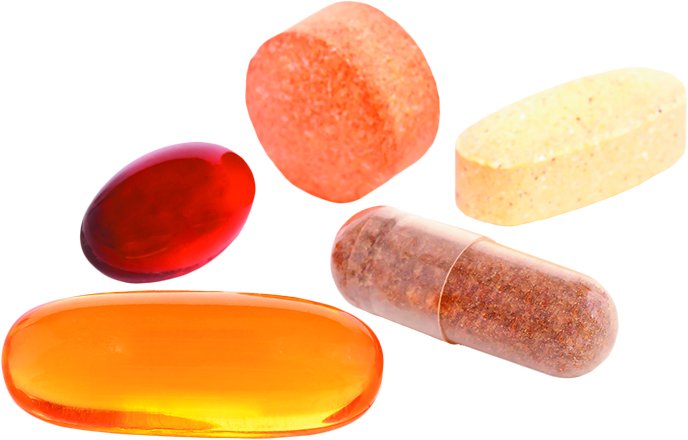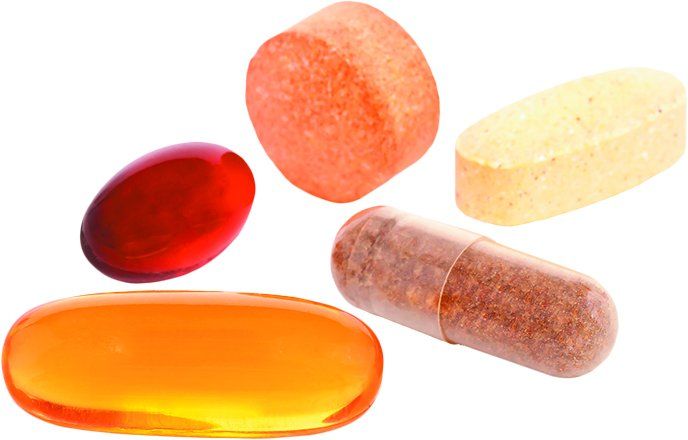Dreamstime.com

Dietary supplements are often viewed as “natural,” but they aren’t risk-free. In a sampling of more than 800 cases of liver toxicity (harm) suspected from supplements and medications in the US, 20% of cases were ultimately attributed to herbal and other dietary supplements. The rest of the cases were due to medications (which excluded the pain reliever acetaminophen, for which the potential of liver toxicity is well-known). The cases were from eight referral centers in the US Drug-Induced Liver Injury Network over a period of eight years and were recently reviewed in Hepatology.
So, should you fear for your liver if you’re taking a supplement? Not necessarily, but you should be well-informed if you use such products and discuss them with your doctor to minimize any risks.
“Although herbal and dietary supplements are not harmless, the risk of liver injury from them is trivially low,” says David J. Greenblatt, MD, a professor of integrative physiology and pathobiology at Tufts University School of Medicine and director of the school’s Clinical Pharmacology Group. “Additionally, certain questionable products are more often to blame.”
Liver Toxicity? Looking closer at the review, about a third of liver injury cases from herbal and other dietary supplements were due to bodybuilding products (which often contain illegally-added anabolic steroids). Many other cases were due to weight loss supplements (such as those claiming to “melt away fat”).
Greenblatt says statistics on supplements and liver toxicity come from surveillance data, which have a lot of limitations. “For example, there’s no way to be sure a reported injury was actually due to the supplement,” he says. “The FDA uses this kind of data only as a ‘signal’ to see if further investigation is needed.” So, headlines based on this data could be misleading.
“By the time most of these products get into your body’s circulation, they’ve been broken down (in the gut and/or liver) into a form that’s harmless and excreted in the urine,” Greenblatt says. “The body has protective mechanisms against them.”
Buyer Beware:
Although dietary supplements may not harm your liver, that doesn’t necessarily mean they’re safe or effective. They can needlessly drain your pocketbook, too. “These products are unregulated, so it’s uncertain what’s in them or whether they actually work,” Greenblatt says. “Products are only brought to the attention of authorities if they pose a clear and present danger.”
There are over 90,000 different supplements for sale in the US. They contain an array of ingredients, such as vitamins, minerals, herbs, amino acids, enzymes, probiotics and fish oils. There’s always the potential that certain supplements could interact with each other and/or with medicine. And, certain supplements may interfere with surgery, such as by prolonging the effects of anesthesia or increasing risk of bleeding. So, you may be asked to stop supplements in the days before surgery.
The bottom line: Ask your doctor if a supplement is appropriate: if not, skip it.
To learn more: Hepatology, January 2017 –
In addition to your doctor and pharmacist, good sources of information on supplements include:
– FDA <"fda.gov"> (search on “tips for dietary supplement users”)
– LiverTox <"livertox.nlm.nih.gov">
– Office of Dietary Supplements <"ods.od.nih.gov/factsheets">
– USDA <"nal.usda.gov/fnic/herbal-information">
– US Pharmacopeial Convention (USP) <"quality-supplements.org">





















